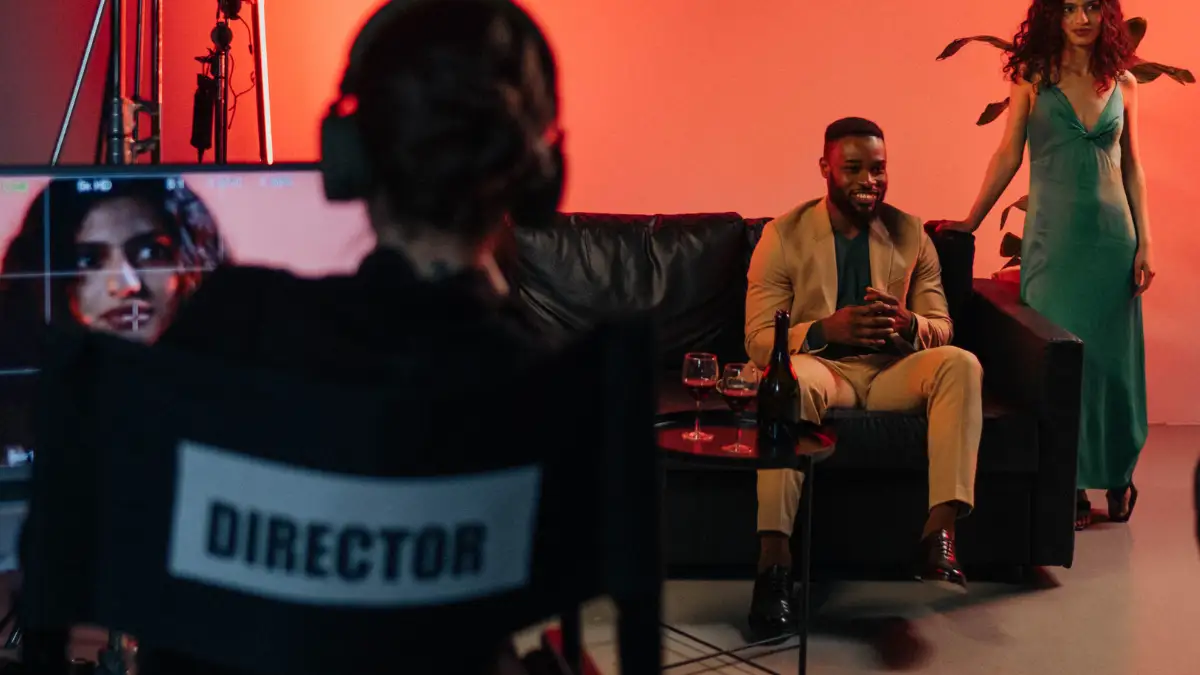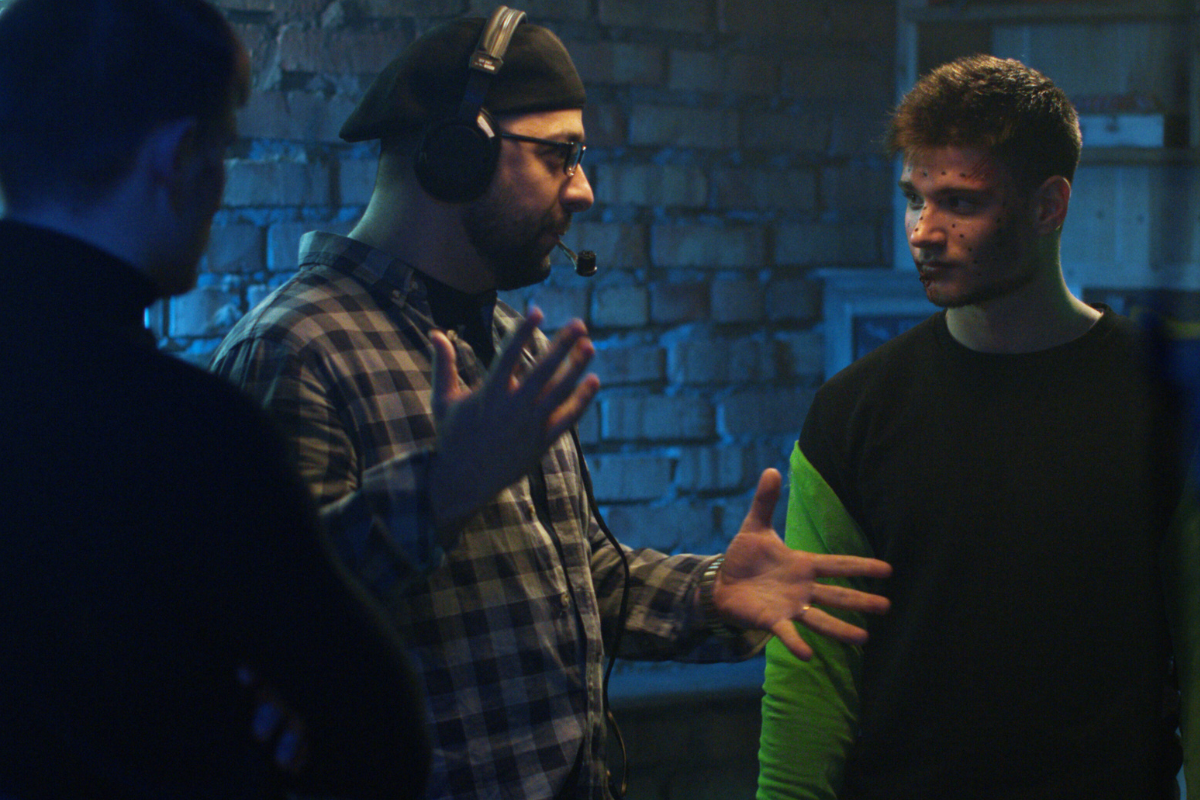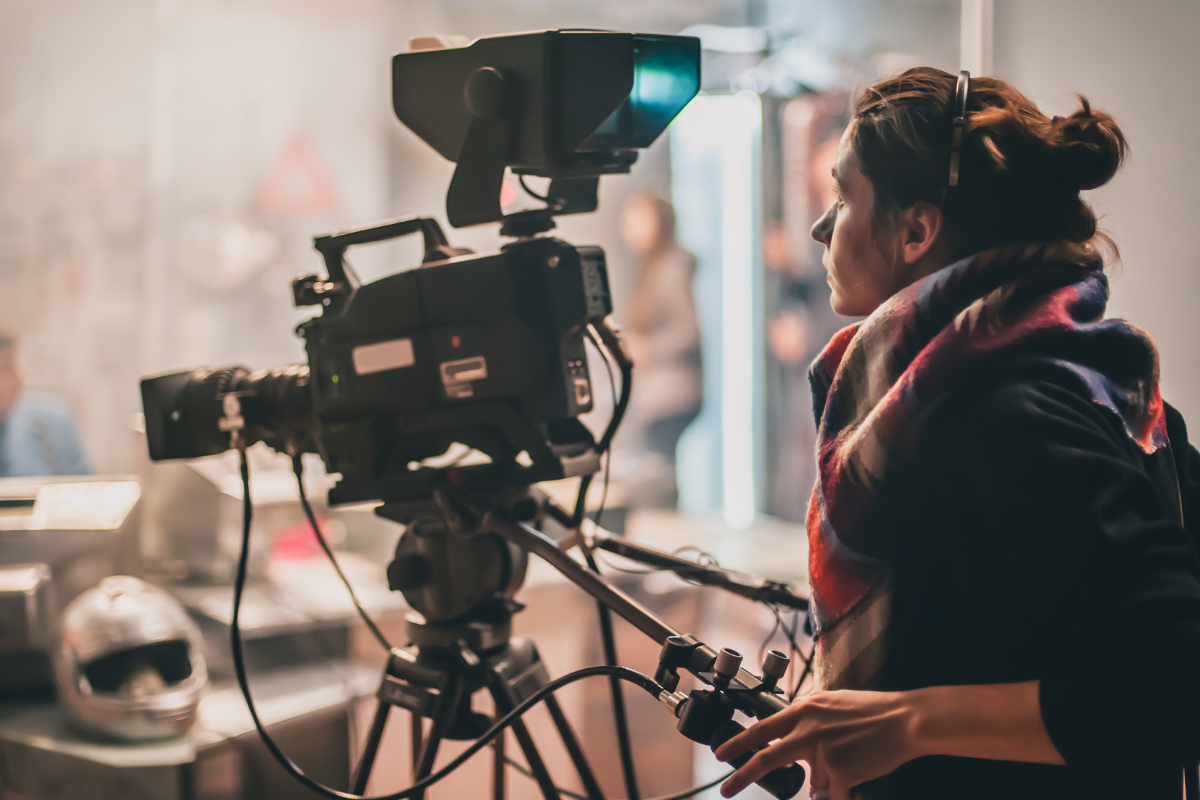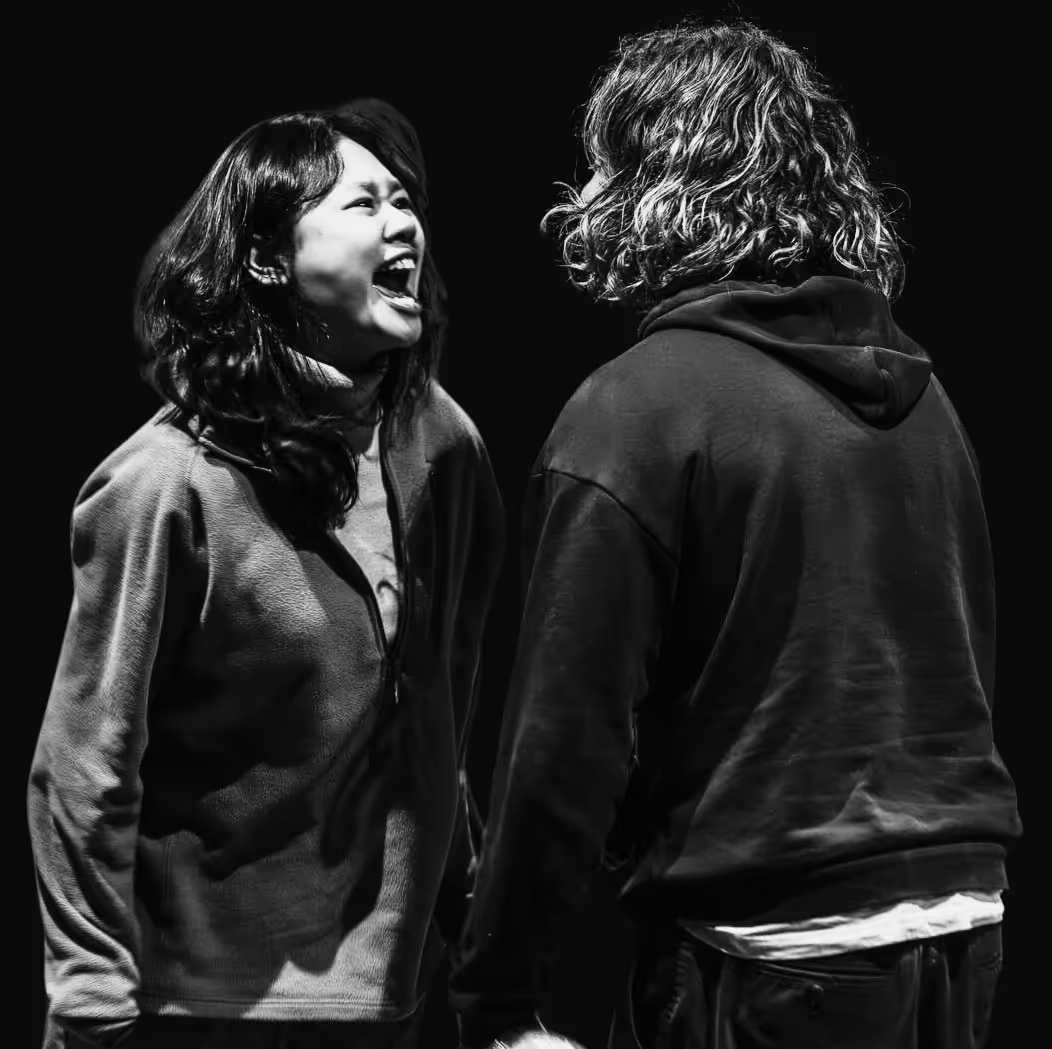
Contact Us
Get in touch with us using the form or details below. We look forward to hearing from you!


Often seen as the peak of creative collaboration, the relationship between a director and an actor has the power to make or break the success of a production.
Often fraught with misunderstandings, differences of opinion and power struggles, these relationships can also be wonderfully fulfilling and full of growth opportunities.
Navigating the balance between these extremes and ensuring a great dynamic is achieved is not always an easy undertaking, even for an experienced actor.
In this guide, we’ll walk you through how to achieve this and give you the tools needed for improving working relationships with directors no matter if you’re on stage or screen.
Whether you are brand new to the industry or an established actor, implementing the following can help you develop good on-set relationships or improve on existing relationships with directors.
Just as with any relationship, effective communication is fundamental to building a strong rapport between actors and directors. This is as much a necessity for new actors as experienced ones.
Experienced actors especially, should continually strive to maintain open lines of communication with directors throughout the rehearsal process and on set. This shows a director that you are invested, humble and more likely to be easy to work with.
So what does this look like in practice?
Listen attentively to the director’s instructions and feedback during rehearsals and on set without interrupting or making assumptions.
Being fully present and engaged in conversations demonstrates your commitment to the project and expresses a willingness to learn from and understand the director’s intentions.
As an experienced actor, it is encouraged to offer your perspectives and insights on the character and scene when appropriate.
While not always the case, many directors appreciate actors who contribute in this way as it brings creativity and depth to their roles. Just be mindful to contribute ideas that align with the director’s vision and withhold them whenever you feel they may be unwelcome.
Always seek clarification by asking questions of the director whenever there are uncertainties about their intentions or instructions.
Doing so fosters mutual understanding and prevents misunderstandings that could hinder the creative process. Just keep in mind that politeness and respectfully asking these questions are essential for retaining a good relationship.

No matter how well respected or experienced you are as an actor, remember, directors are responsible for shaping the overall artistic vision of a production.
Your job is not to challenge this, it is to respect and support their creative vision and help them bring it to life. Even if you feel a different interpretation of a character or scene would be best, you should trust in the director’s expertise and vision for the project.
You can demonstrate respect by:
Approach the rehearsal and production process as a collaborative endeavour between yourself and the director through which you may contribute to the development of the characters and scenes.
However, you must remain open to exploring different approaches and interpretations that align with the director’s vision and be prepared to ultimately prioritise their preferences over yours as needed.
Don’t become too comfortable in your position of experience. Be flexible and adaptable in your approach to performing, always accommodating the director’s vision.
There can be many changes that arise during rehearsals or filming. Your willingness to experiment and take direction, even if it requires stepping out of your comfort zone, shows that you respect the director’s position.
Demonstrate your support for a director’s vision by fully committing to your role and giving your best performance.
Exhibiting such dedication and professionalism will not only earn the director’s trust but also inspire confidence in the rest of the cast and crew, further improving the director’s perception of you and thereby your relationship with them.
Trust and professionalism are essential components of a successful actor-director relationship.
By demonstrating reliability, integrity, and a strong work ethic, experienced actors can earn the trust and respect of even the most difficult directors, paving the way for a productive working relationship.
This can be achieved through:
You should always arrive on time or early for rehearsals and filming, and come prepared with your lines memorised and well-practised.
Lateness and a lack of preparation show disrespect for the director and the time and efforts of both themselves and the production team. These attributes are among the quickest ways to degrade your relationship with a director, so make punctuality and organisation a priority.
While not always easy to do, try to receive direction from the director with grace and humility, even if it involves constructive criticism or requests for adjustments to your performance.
This shows appreciation for the director’s insights, respect for their experience and demonstrates a willingness to learn and incorporate feedback.
Treat your fellow cast members, crew members, and the director with respect and professionalism at all times. Be invested in fostering a positive and supportive atmosphere on set by maintaining a cooperative attitude.
Remember, the easier you are to work with, the more highly spoken about you will be in directorial circles and the industry as a whole.
Experienced actors understand the importance of thorough character development in bringing roles to life. By immersing yourself in the character’s backstory, motivations, and relationships, you can enrich your performance and better contribute to the director’s vision for the production.
Garnering respect from a director in this area involves:
Conducting research to deepen your understanding of the character and then using this knowledge to inform your performance and deliver it in a way that aligns with the director’s vision.
Work with the director to explore different aspects of the character and scene dynamics.
Discuss your interpretations and ideas with the director when appropriate, always seeking their input on how to best convey the character’s essence and intentions.
Immerse yourself fully in the rehearsal process, experimenting with different approaches and refining your performance. Use rehearsals as an opportunity to explore the nuances of the character and build on your relationship with the director.
While it’s important to foster a collaborative and supportive atmosphere on set, it’s equally crucial for actors to maintain their integrity and uphold professional boundaries with directors.
You should always exhibit:
Adhere to professional standards of conduct and ethics on set, and avoid engaging in behaviour that could compromise the integrity of the production or your relationship with the director.
Respect the director’s personal space and boundaries. You should be careful to avoid overstepping or imposing on their time and attention both at and outside of work.
If you have concerns or grievances related to the production or your working relationship with the director, address them privately and respectfully.
Discretion and professionalism in communication are more likely to have a positive outcome and build on the relationship rather than damage it.

At The Actors Pulse, we recognise that both beginner and experienced actors play a pivotal role in shaping the success of a production through their collaboration with directors.
By employing strategies taught through our comprehensive curriculum and with the guidance of our highly skilled team, our students enhance their creative potential as actors, achieve excellence in their performances and develop valuable relationships with directors.
Call the Actors Pulse at 0414 475 515 today to learn more.









Get in touch with us using the form or details below. We look forward to hearing from you!
